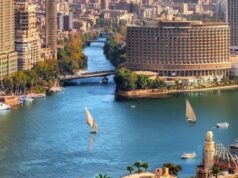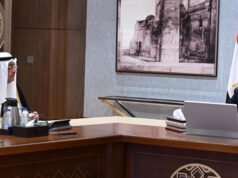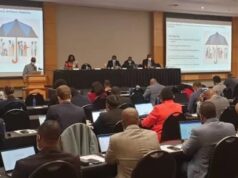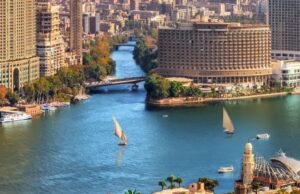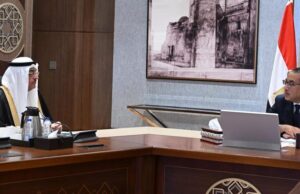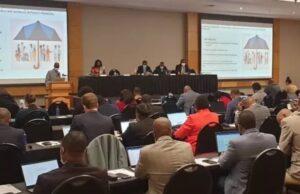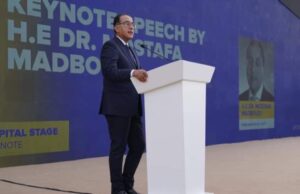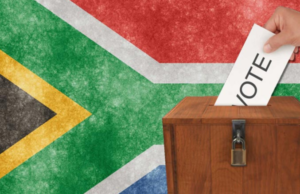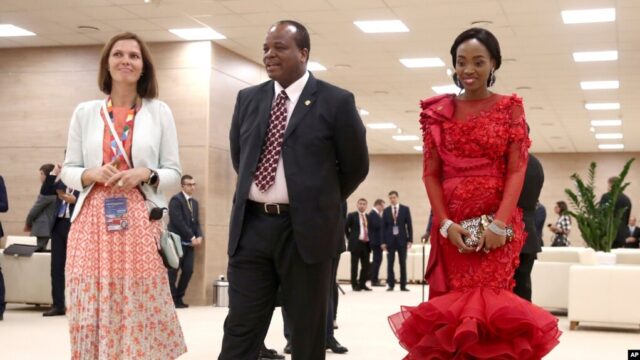
(3 minutes read)
The Kingdom of Eswatini to hold parliamentary elections tomorrow (Friday), with political parties banned from contesting. The constitution emphasises individual merit as the basis for selecting lawmakers
The Kingdom of Eswatini to hold parliamentary elections tomorrow (Friday), with political parties banned from contesting. The constitution emphasises individual merit as the basis for selecting lawmakers. Candidates cannot be affiliated with any political group. Analysts say, being in the good graces of King Mswati III, who wields absolute power, also carries much weight.
About 585,000 registered voters will be called to choose 59 members of the lower house of parliament, which plays only an advisory role to the monarch. Mswati can veto any legislation. He can also directly appoint another 10 lawmakers. With most candidates loyal to the king, the election is unlikely to change the political scenery.
Only about a dozen of those nominated during primaries last month are known to have ties to the opposition. Political parties were effectively banned in 1973. However, a new constitution in 2005 provided an opening allowing for freedom of association. In practice, there is no legal avenue for them to register, according to democracy watchdog Freedom House.
Read Also:
https://trendsnafrica.com/taiwan-president-in-eswatini/
Polls open at seven am (0500 GMT) and close at six pm, according to the electoral commission, with results expected over the weekend. Formerly known as Swaziland, the mountainous country of 1.2 million people is landlocked between South Africa and Mozambique. Mswati, 55, ascended to the throne at the age of 18 and has ruled with an iron fist for 37 years. The king is constitutionally above the law. He appoints the prime minister and the cabinet, can dissolve both parliament and the government and commands police and the army.



